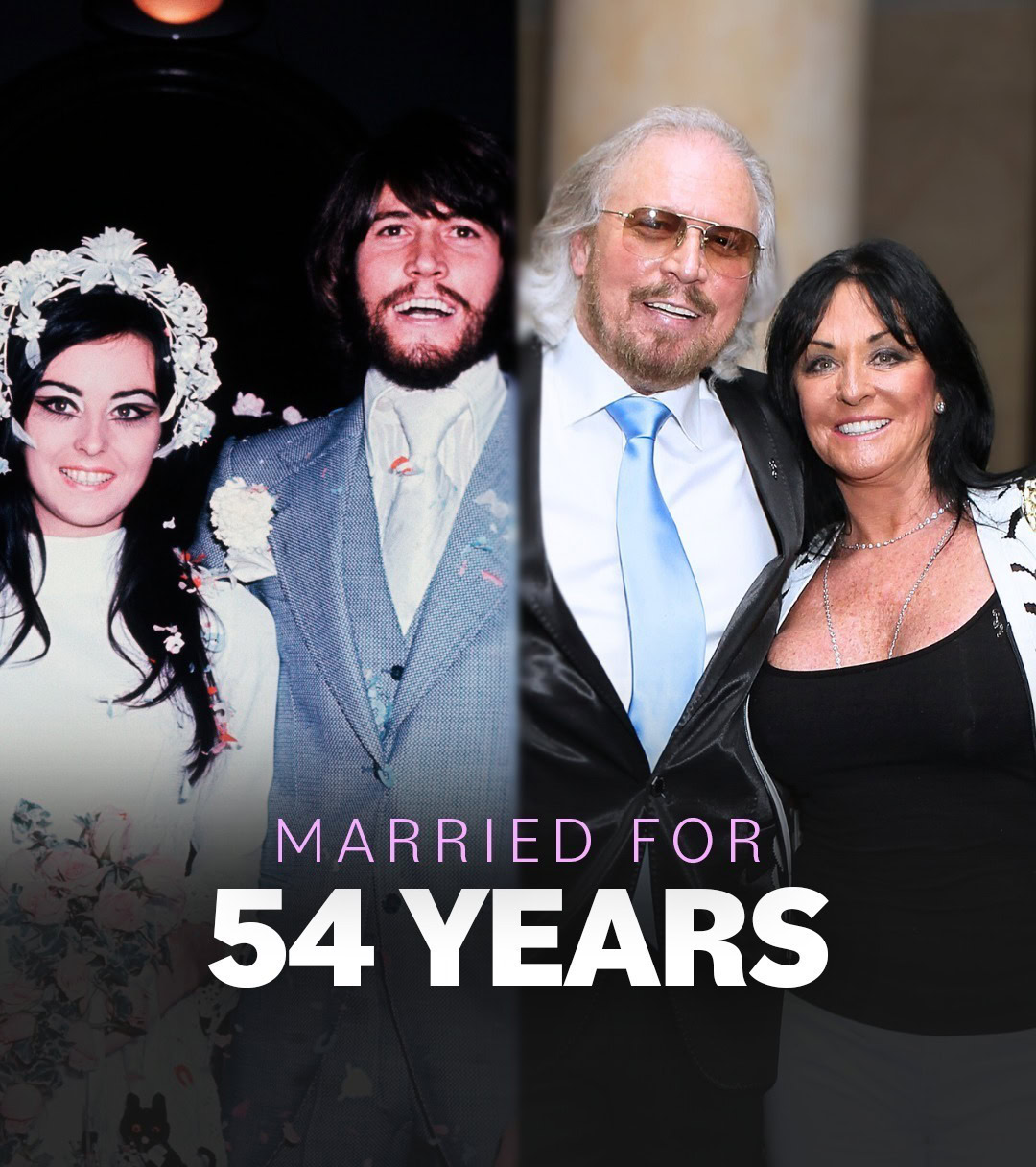
Introduction:
“The Only Love” is a deeply emotive ballad by the iconic British-Australian group The Bee Gees, released in 1991 as part of their nineteenth studio album, High Civilization. While not one of their chart-topping singles in most major markets, this song stands as a testament to the enduring songwriting prowess and vocal harmony of Barry, Robin, and Maurice Gibb, particularly as they navigated the evolving musical landscape of the early 1990s. The song firmly belongs to the Pop and Soft Rock genres, characterized by its lush production, sophisticated melody, and the signature high-pitched vocals, primarily from Barry Gibb, which had become synonymous with the band’s later career. Its achievements are rooted in its critical reception as a strong album track and its continued appreciation by dedicated fans who value the Bee Gees’ ability to craft heartfelt and memorable ballads.
- Year Released: 1991 (album release: March 25, 1991; single release: August 1991 in Europe)
- Album: High Civilization
- Genre: Pop / Soft Rock
By the early 1990s, The Bee Gees had already enjoyed several distinct phases of immense success, from their psychedelic pop beginnings in the late 1960s to their global disco domination in the mid-to-late 1970s, and a resurgence in the late 1980s with albums like E.S.P. and One. The High Civilization album followed this period, showcasing the brothers’ continued adaptability and commitment to creating contemporary pop music while retaining their distinctive sound. The album was primarily recorded in 1990 at Middle Ear Studios in Miami Beach, Florida, and was produced by Barry, Robin, and Maurice Gibb themselves, reflecting their complete creative control over their material.
“The Only Love” was written by all three Bee Gees brothers: Barry Gibb, Robin Gibb, and Maurice Gibb. This collaborative effort is evident in the song’s structure, which features Barry Gibb on lead vocals, delivering the emotional core of the lyrics, complemented by the rich harmonies of Robin and Maurice. The lyrics delve into themes of profound, almost desperate, love and the pain of potential loss. It speaks of a love so central to one’s existence that its absence would leave a void. Lines such as “I can relate the story of my life / No brighter hope, no stronger emotion / And I believed I could die over you” convey an intense emotional connection. The song explores the vulnerability that comes with such deep affection and the fear of a world without that singular love. This lyrical depth, combined with the brothers’ ability to imbue their vocals with genuine feeling, makes “The Only Love” a powerful listening experience.
Musically, “The Only Love” is a quintessential Bee Gees ballad of the era. It features a polished, sophisticated arrangement typical of early 1990s adult contemporary pop. The instrumentation includes synthesizers, drums, bass, and guitars, all meticulously layered to create a full, expansive sound. Barry Gibb’s lead vocal, often soaring into his iconic falsetto, carries the main melody, conveying the song’s emotional weight with his characteristic blend of power and tenderness. The backing harmonies from Robin and Maurice are seamlessly woven into the fabric of the song, providing the lush, recognizable Bee Gees vocal blend that distinguishes their sound. The song builds dynamically, creating a sense of emotional intensity that draws the listener into its narrative of unwavering devotion. While it embraces contemporary production techniques, it retains the strong melodic sensibility that has always been a hallmark of the Bee Gees’ songwriting.
Achievements:
While “The Only Love” did not achieve the same level of global chart dominance as some of the Bee Gees’ earlier hits, it garnered specific achievements and holds a significant place in their later career:
- European Single Release: “The Only Love” was released as the third single from High Civilization primarily in Europe in August 1991. Although it did not chart in the UK, it achieved modest success in other European countries, notably reaching No. 31 on the German Singles Chart and No. 27 on the Austrian Singles Chart. This regional success demonstrated the band’s continued appeal in certain international markets.
- Contribution to High Civilization Album: The song is a key track on the High Civilization album, which itself performed respectably in Europe, reaching No. 2 in Germany, No. 6 in Austria, and No. 24 in the UK. The album’s overall success, driven by strong balladry and contemporary pop sounds, allowed “The Only Love” to reach a significant audience as an album cut.
- Showcasing Enduring Songwriting and Vocal Harmony: “The Only Love” is a prime example of the Bee Gees’ consistent ability to write and perform compelling ballads well into their later career. It highlights their unique vocal interplay and their talent for crafting melodies that resonate emotionally, proving that their creative well had not run dry.
- Fan Favorite and Deep Cut Appreciation: For many dedicated Bee Gees fans, “The Only Love” is considered a cherished “deep cut.” It represents a period where the band continued to produce high-quality, emotionally rich music that might not have received widespread radio play but was deeply appreciated by their loyal fanbase. It’s often cited as one of the standout ballads from their 1990s output.
- Part of a Legendary Legacy: The Bee Gees are one of the best-selling music artists of all time, with a staggering number of global hits, multiple Grammy Awards, and induction into the Rock and Roll Hall of Fame. “The Only Love” contributes to this immense legacy, showcasing the band’s versatility and their continuous evolution as artists. It is a testament to their enduring talent for crafting timeless love songs that resonate with listeners across generations.
